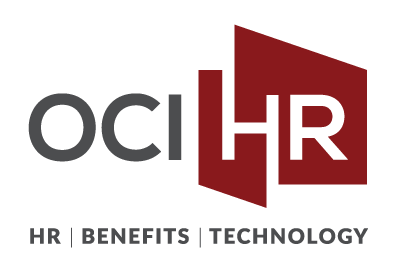Mitchell Alverson
Many factors influence what your hiring and interview process will look like, including your company type and size, your personal interviewing style and the position in question. Regardless, there are some best practices that generally apply to most interviews. Below are suggestions to help facilitate an efficient interview process.
Before the Interview
Preparation is key:
- Review the job description and the candidate’s resume, application and any other pertinent information before the interview.
- Have a standard list of questions and method of evaluation.
- If you’re the hiring manager but don’t work closely with the job or aren’t familiar with the skills required for the open position, talk to others on the team who understand the day-to-day process and needs for the role to gain better insight before interviewing.
During the Interview
Don’t let nerves take over the interview; plan how you will conduct the interview and be aware of your own role in the interview conversation:
- Start with small talk, but don’t let chattiness (especially nervous chatter) distract from the goal of the interview.
- Have an awareness of your own body language. If you’re new to interviewing, you’re probably nervous about the interview, too. Make sure you don’t inadvertently send nonverbal messages that you’re angry or closed down during the interview conversation.
- Take notes; writing notes verbatim can help you remember better later. However, do not mark down the race, gender, etc., of a candidate, as these notes could be used against you in the event that you don’t hire a candidate and are later charged with discrimination.
- Make sure to listen to the interviewee’s full answer, without interrupting. Use follow-up questions and silence to get more information from candidates.
- Consider touring the work area with the candidate. You can observe the interviewee’s reaction to the workplace (e.g., a disappointed look at your open office space), and a tour helps the candidate assess how well he or she sees himself working for your company.
- Close the interview by asking for questions, then tasking the candidate if he or she is interested in the position now that he or she has learned more about the job and company during the interview. You may learn even more about a candidate and his or her fir for the role based on the questions he or she asks of you.
After the Interview
You likely won’t have an instant answer—and certainly shouldn’t give one—when you part ways with the interviewee. Good follow-up practices will help you make the best hiring decision and keep the candidate informed of what is happening:
- Ask the receptionist and others who interacted with the candidate “unofficially” for their opinions—some individuals act very differently when they don’t think they’re being watched or evaluated.
- Follow up with your top candidates by conducting reference checks. Although references will often only confirm employment or the completion of a degree, sometimes you can gain good insight about a candidate.
- Follow up with the candidate, whether or not you decide to hire him or her

